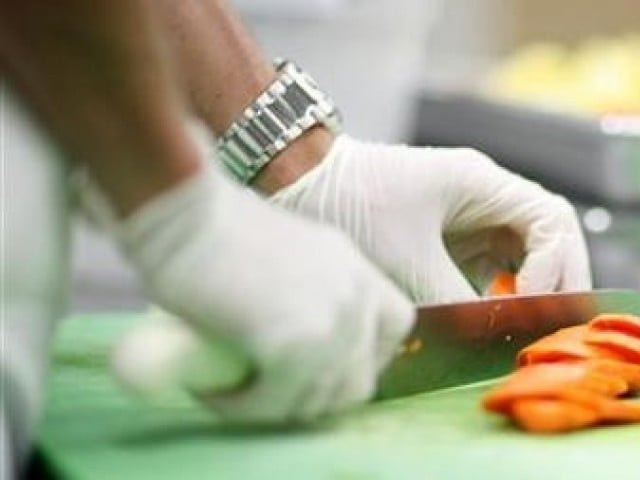Islamabad:
The Islamabad Food Authority (IFA) is faced with serious operational challenges to carry out the effective application of food security, hampered by limited staff, minimum infrastructure and the absence of essential test installations.
In contrast, the Rawalpindi Food Authority (FRG) operates with much higher resources, including more vehicles, trained staff and fully equipped laboratories, allowing it to apply food security regulations more effectively in the district.
The Islamabad and Rawalpindindi food authorities are responsible for each regulating around 30,000 food companies. However, the difference in their ability to apply food security standards is striking.
IFA works with a single vehicle in the field and 10 technical staff. There is a lack of a food test laboratory, a training institute, mobile food laboratories and an appointed public relations manager. Although the number of non -technical staff members varies between 20 and 50, the limited technical expertise of authority and the lack of mobility severely restriction its operational scope.
On the other hand, the FRG is equipped with 10 vehicles, 30 technical employees, a dedicated food test laboratory, a training school and two mobile test laboratories – allowing routine field inspections and on -site sampling.
An IFA official recognized the constraints: “Our team covers the city as best as possible with the available resources. We are committed to ensuring food security despite the limits.”
However, food sellers in various parties of Islamabad, in particular the Farooqia market in the F-6 sector, say that in addition to operational shortages, the license process is disturbed by external interference. Several traders have allegedly alleged that Khalid Chaudhry, identified as a former member of the Islamabad Chamber of Commerce, discourages companies to obtain food licenses. They claim that he uses the name of the chief commissioner to exert pressure and would have managed the inspection teams. “His interference delays the process and affects everyone,” said a local merchant. “It makes us difficult to comply with the law.




